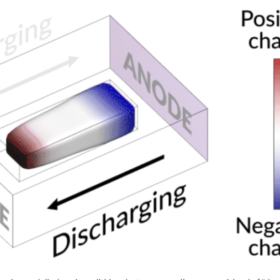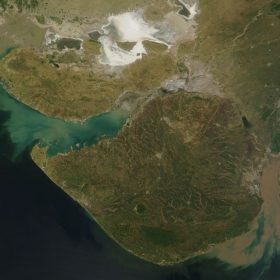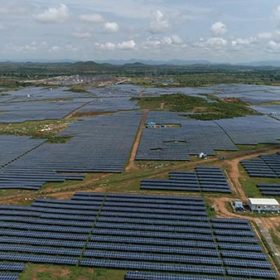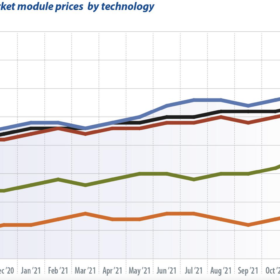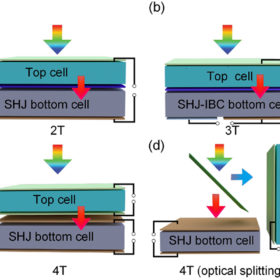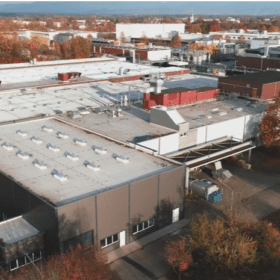Airtouch Solar appoints Nimish Jain as India CEO
Nimish Jain brings to Air Touch India, the India arm of the Israeli robotic cleaning specialist for the solar industry, around 13 years of work experience in renewable energy in new market development, operations, strategy and business development functions. He has worked with companies like Solarig Global, Vikram Solar, and Jinko Solar.
Bringing dead lithium back to life to boost battery lifespans
Researchers at Stanford University and the US Department of Energy’s SLAC National Accelerator Laboratory have explored the potential recovery of lost capacity in lithium batteries by using an extremely fast discharging step to reconnect an island of inactive lithium with the anode. Adding this extra step slowed the degradation of their test battery and increased its lifespan by nearly 30%.
Manikaran signs MoU to set up India’s first lithium refinery in Gujarat
The proposed lithium refinery, set up at a cost of INR 2,200 crore (US$296 million), will produce lithium hydroxide—a key component used in the production of cathode materials for lithium-ion batteries.
NTPC tenders BOS package with land for 1 GW of solar projects
Bidders have until February 3 to lodge their interest for the solar projects to be set up anywhere in India.
PV module price index: The price spiral winds up
The title of Martin Schachinger’s October market commentary was “Module prices set to rocket back to 2019 levels.” This month, he writes that prices have already reached December 2018 levels and notes that there is no reversal in sight. Prices for all module technologies have once again risen by an average of 3 percentage points since last month.
Reliance Industries to acquire sodium-ion battery provider Faradion
Reliance Industries said its solar unit will buy UK-based sodium-ion battery technology provider Faradion for GBP100 million (US$135 million) including debt, as the Indian conglomerate pushes forward with its ambitious plan to move into the renewable energy industry.
Waaree supplies 1.53 MW of solar modules to RBA Power
The Mumbai-headquartered solar manufacturer supplied its 335 Wp polysilicon modules for the 1.53 MW PV project located at Kovilpatti in the Indian State of Tamil Nadu.
An overview of heterojunction solar cell technologies
Scientists at the Nankai University in China have provided a comprehensive overview of current research on silicon heterojunction-based tandem solar cells (SHJ-TSCs) and shared their expectations of future developments in this field.
Exide Industries to set up gigawatt-scale Li-ion cell manufacturing plant
The lead-acid battery major, which is into lithium battery assembly in a joint venture with Swiss firm Leclanche, will set up a multi-gigawatt lithium-ion cell manufacturing plant as it strives to become more cost-competitive and better serve its customers.
Building battery storage systems in India
Nexcharge, a joint venture of India’s largest lead-acid storage battery manufacturer, Exide Industries Limited, and Swiss Lithium-ion battery manufacturer Leclanché, has fully automated assembly lines of li-ion battery packs, modules, and cell testing labs in Gujarat. Ketan Chitnis, vice president-stationary BU, tells pv magazine the government’s PLI Scheme is a major incentive for attracting investment into Li-ion cell manufacturing.

